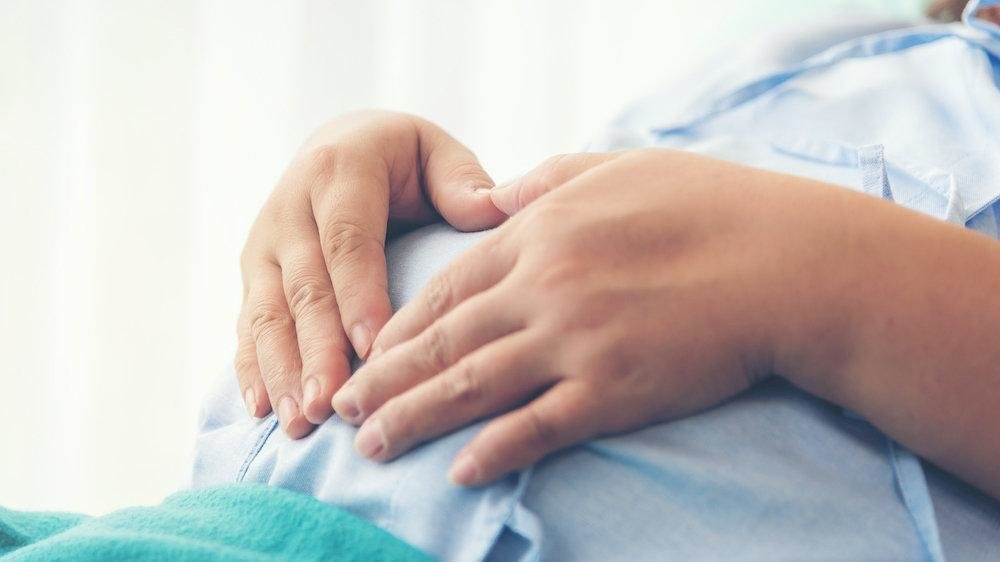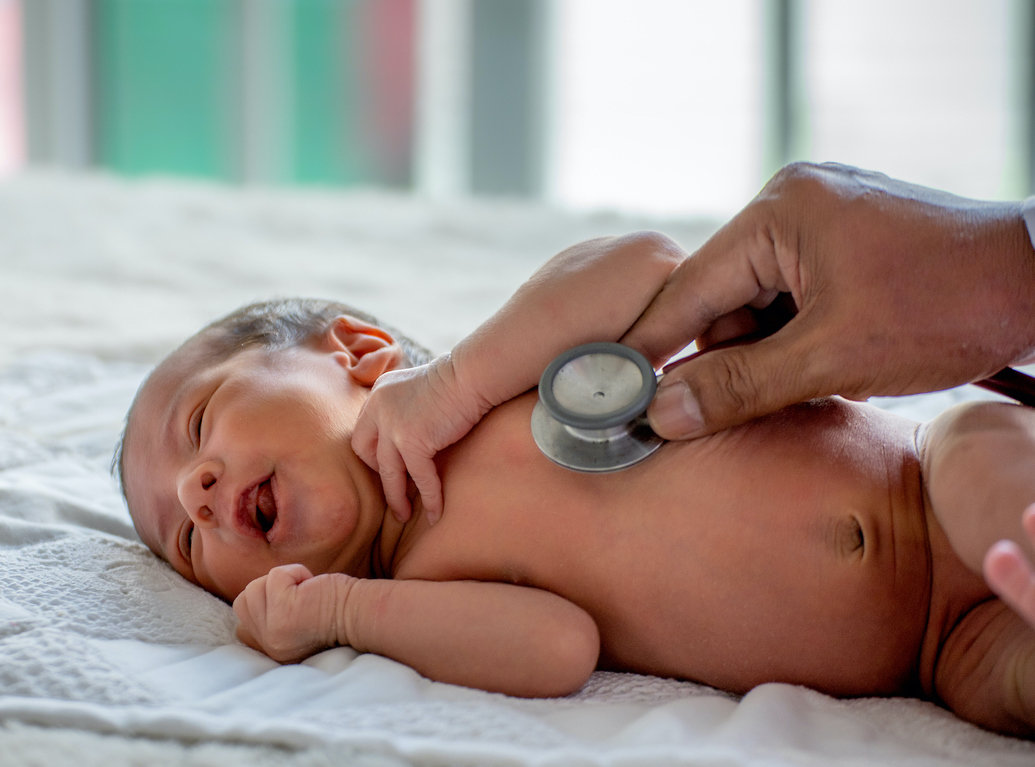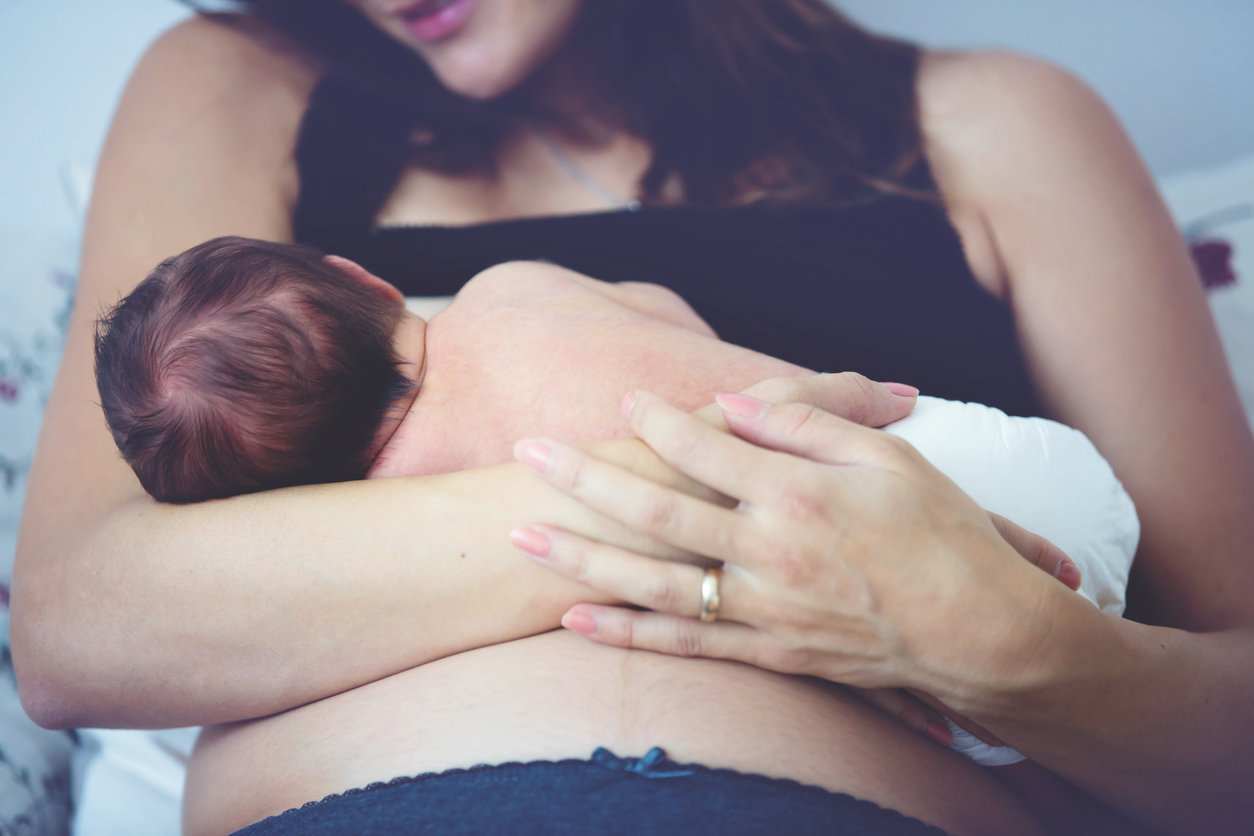
As the new coronavirus disease, COVID-19, spreads across the globe, it has become clear that those who have the highest risk of dying from the virus are the elderly and anyone with underlying health conditions. But what about pregnant women? How dangerous is the coronavirus for expectant mothers and their unborn children? COVID-19 is so new that there is very little research available on how dangerous it is for pregnant women, and the current information available only applies to women in the later stages of pregnancy.
More from MamásLatinas: Should you cancel your travel plans because of the coronavirus outbreak?
Still, even without definitive information, the Centers for Disease Control and Prevention (CDC) has issued advice for pregnant women regarding the coronavirus and is fielding questions as best it can. "Pregnant women experience immunologic and physiologic changes which might make them more susceptible to viral respiratory infections, including COVID-19," warns the CDC. "Pregnant women also might be at risk for severe illness, morbidity, or mortality compared to the general population as observed in cases of other related coronavirus infections [including severe acute respiratory syndrome coronavirus (SARS-CoV) and Middle East respiratory syndrome coronavirus (MERS-CoV)] and other viral respiratory infections, such as influenza, during pregnancy."
Yes, this all sounds very scary, especially since no one really knows exactly how COVID-19 can affect expectant mothers or their babies. But let's not panic. If you are pregnant, the last thing you want to do is panic. That won't help you or your baby. Instead, let's review what is known so you can stay informed and healthy. And, thankfully, it's not all bad news.
So are pregnant women more susceptible to COVID-19?
According to the CDC, currently there is no "information from published scientific reports about susceptibility of pregnant women to COVID-19." Basically, the answer to this question is: No one knows at this point if pregnant women are more susceptible to the coronavirus than the general public, but since pregnant women are more susceptible in general to viral respiratory infections, it can't be ruled out.
Will a pregnant woman with COVID-19 pass the virus to her fetus or newborn?

Here's what the CDC has to say: "Whether a pregnant woman with COVID-19 can transmit the virus that causes COVID-19 to her fetus or neonate by other routes of vertical transmission (before, during, or after delivery) is still unknown." But in a recent small study that reviewed cases of infants born to mothers with COVID-19, none of the babies tested positive for the virus.
Do babies born to mothers with COVID-19 have a greater risk for adverse outcomes?
Adverse outcomes would refer to things like preterm birth and low birth weight. The CDC states that "adverse infant outcomes (e.g., preterm birth) have been reported among infants born to mothers positive for COVID-19 during pregnancy. However, it is not clear that these outcomes were related to maternal infection, and at this time the risk of adverse infant outcomes is not known."
Can mothers pass on COVID-19 to their babies via breast milk?

So far, the virus has not been detected in the breast milk of women who have COVID-19. But, again, it's important to keep in mind that this is all very new and not many samples have been tested. Basically, at this point, it is still unknown if the virus can be transmitted via breastfeeding.
How can pregnant women protect themselves from the coronavirus?
Currently there is no vaccine for COVID-19, and the best thing pregnant women can do to protect themselves is to use the same preventative measures that we should all be using. These include:
- Washing your hands often with soap and water for a minimum of 20 seconds
- Staying home if you are sick
- Avoiding contact with people who are sick
- Cleaning and disinfecting items and surfaces that get touched often
If you are pregnant and worried, reach out to your health care provider for more information.




